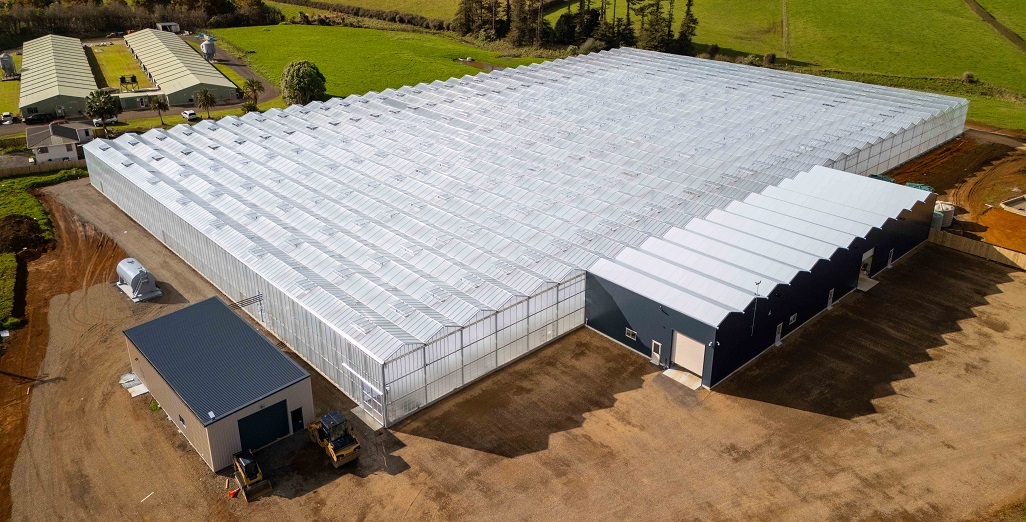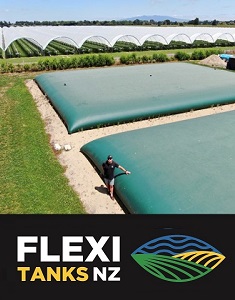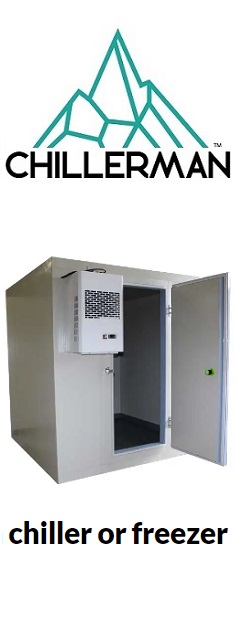Sign up here to subscribe to the Grower2grower Ezine. Every two weeks you will receive new articles, specific to the protected cropping industry, informing you of industry news and events straight to your inbox.
Mar 2019
Time for Boiler Maintenance?

Still warm day’s but night time temperatures falling
This year I hope to write articles on the different greenhouse heating systems currently used in the greenhouse industry, the positives and negatives of different systems. I am aware of gas, coal, waste oil, wood burners, co gen, and geothermal. We are in March and the nights are getting cooler, it is an opportune time to reach out to growers who have heating systems but generally do not turn them on until late in the autumn.
Many growers are already using their heating systems and it is common for many growers to never turn them off during the summer. There are really good reasons for this, including maintaining fruit quality and still having the ability to burn of excess vigour, especially on a newly planted tomato or cucumber crop.
If you are a grower that decides not to turn the heater on until it is genuinely cold, that is completely up to you. For the growers that are using heating now, especially for crops where the intention is to grow them through winter, then there are benefits. For younger crops (tomatoes), considering the brilliant summer we have had, when you get cold nights your plant will slow and depending on its stage could become too vigorous, you need those heat inputs at night to keep the plant in balance and growing at optimum rates. If you are not heating, but are close to picking, the opposite can happen where the head of the plant becomes thin/weak because the fruit has sat on the plant too long, because of the lack of night time heating, fruit has become too big and basically drained the life out of the plant. It is not until you have picked the first 3 trusses that the head will recover but truss number 7-10 will suffer as a result. The other problem many growers face is fruit sweating, with tomatoes and excessive guttation with cucumbers, undesirable but great for the chemical companies that want you to buy their fungicides. This is not perceived as a problem now by some growers. Even in April, by not using your heating, you could counter intuitively cause plant health issues before the winter officially begins.
It is great if you want to get your boiler serviced, but if you are using waste oil, at very least make sure you have drained any excess water, dispose of it legally and clean the filters. I always found that when the weather was warm the oil passes easier through the filters and when it gets cold that build up of grunge would cause me grief. It might even be an option to consider cleaning your tank now to prevent blockages during the winter.
Regular cleaning the heating tubes for oil burners is a necessary job to make sure the boiler is running as efficient as possible. Three pass burners will have smaller tubes in the second pass that can block up if not attended to on a weekly basis (depending on hours run).
Insulating external exposed flow and return lines will save you a small fortune. Even if you insulate the main flow pipe in your greenhouse you will improve the 'evenness' of the climate in your greenhouse.
I appreciate your comments. Please feel free to comment below or on the grower2grower Facebook page:
https://www.facebook.com/StefanGrower2grower/
Article Written by Stefan Vogrincic, Consultant, Grower2Grower
Article Edited by Marie Vogrincic, Editor, Grower2Grower
CLASSIFIED
Subscribe to our E-Zine
More
From This Category
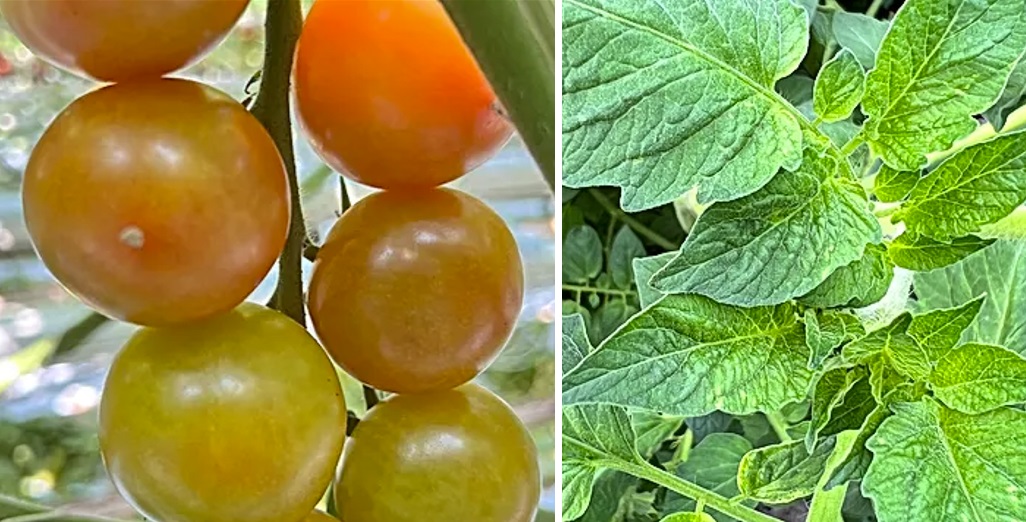
Tomato grower applies Tobre after contamination
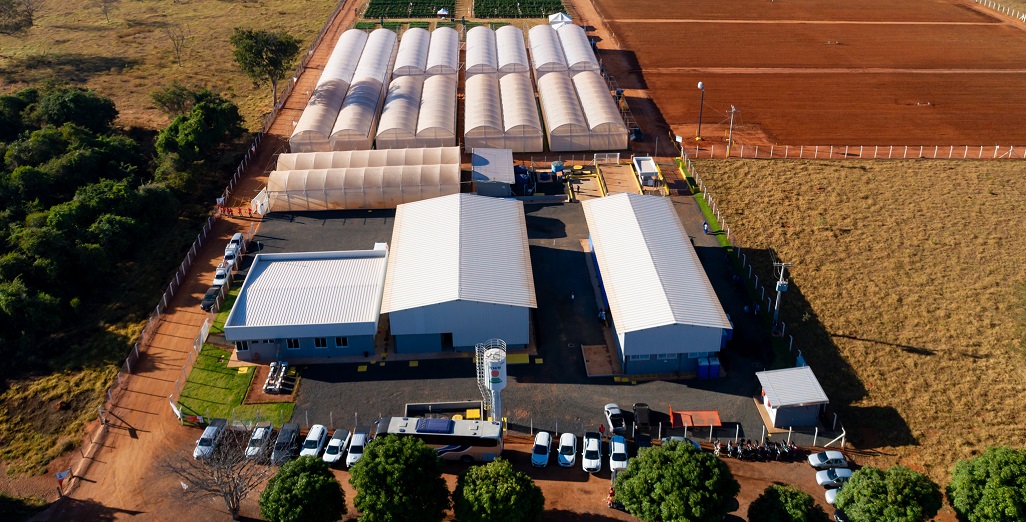
KWS inaugurates new R&D facility in Uberlândia, Brazil

John van Santen joins the management of Metazet
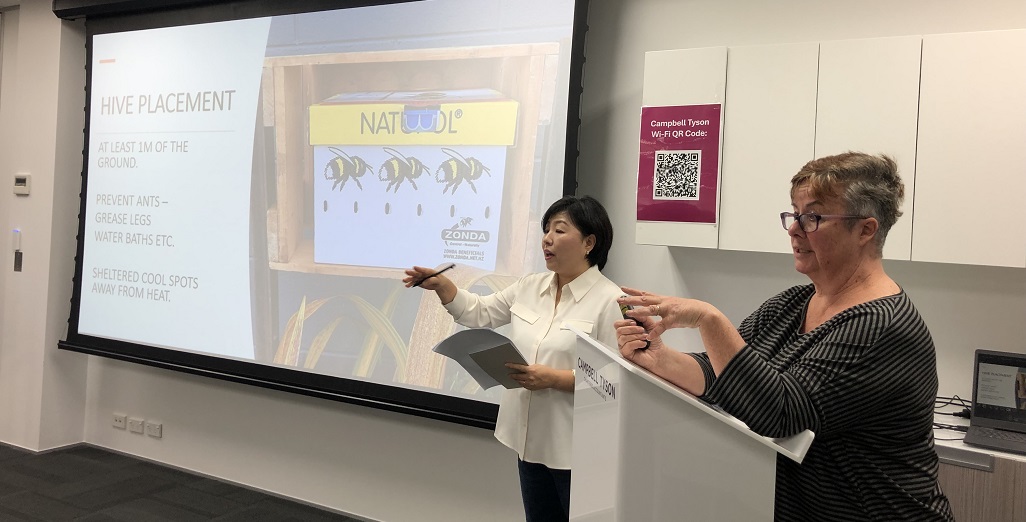
Workshop for Auckland’s Korean tomato growers held last week

Could the Global Boom in Greenhouses Help Cool the Planet?
